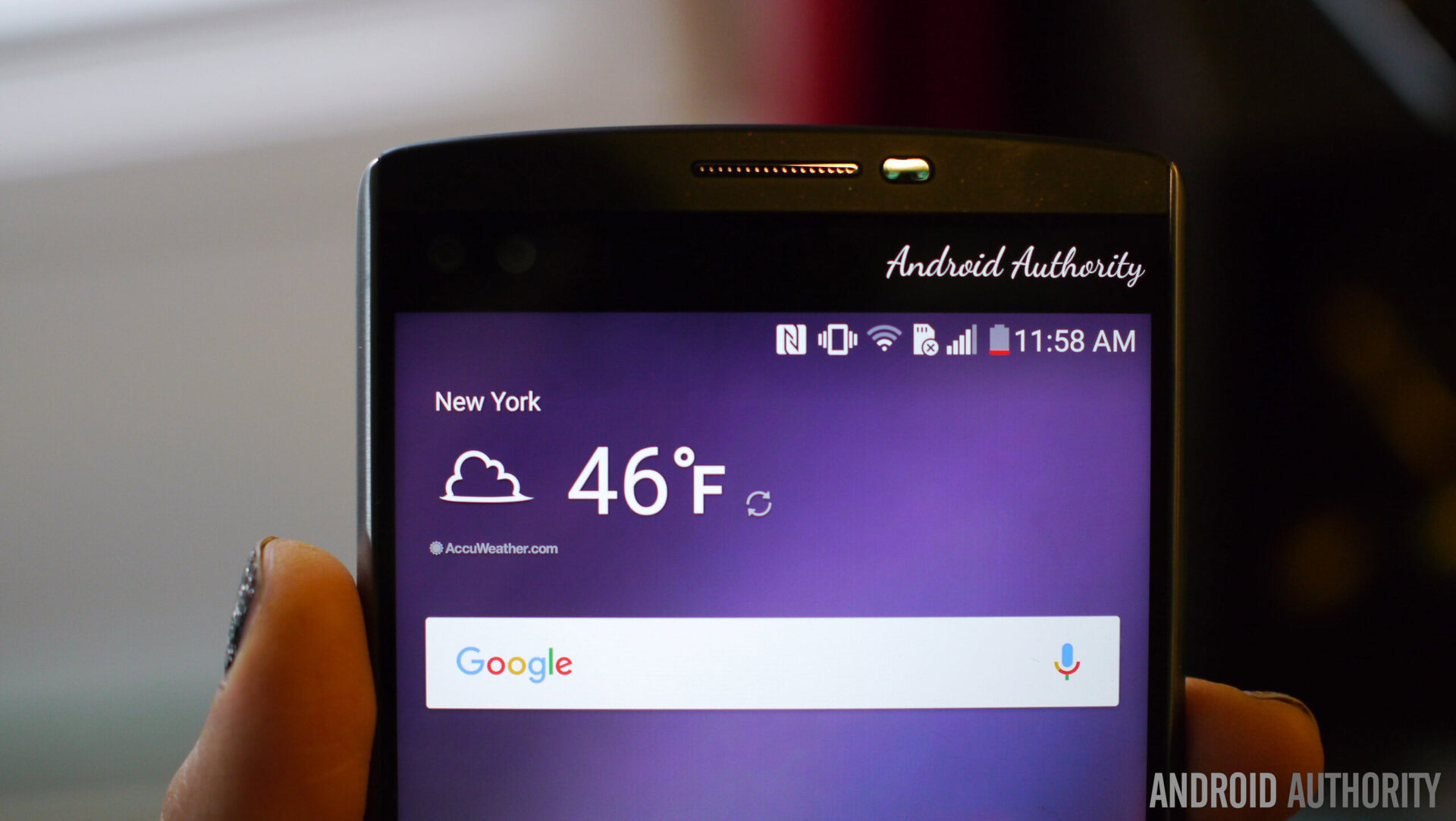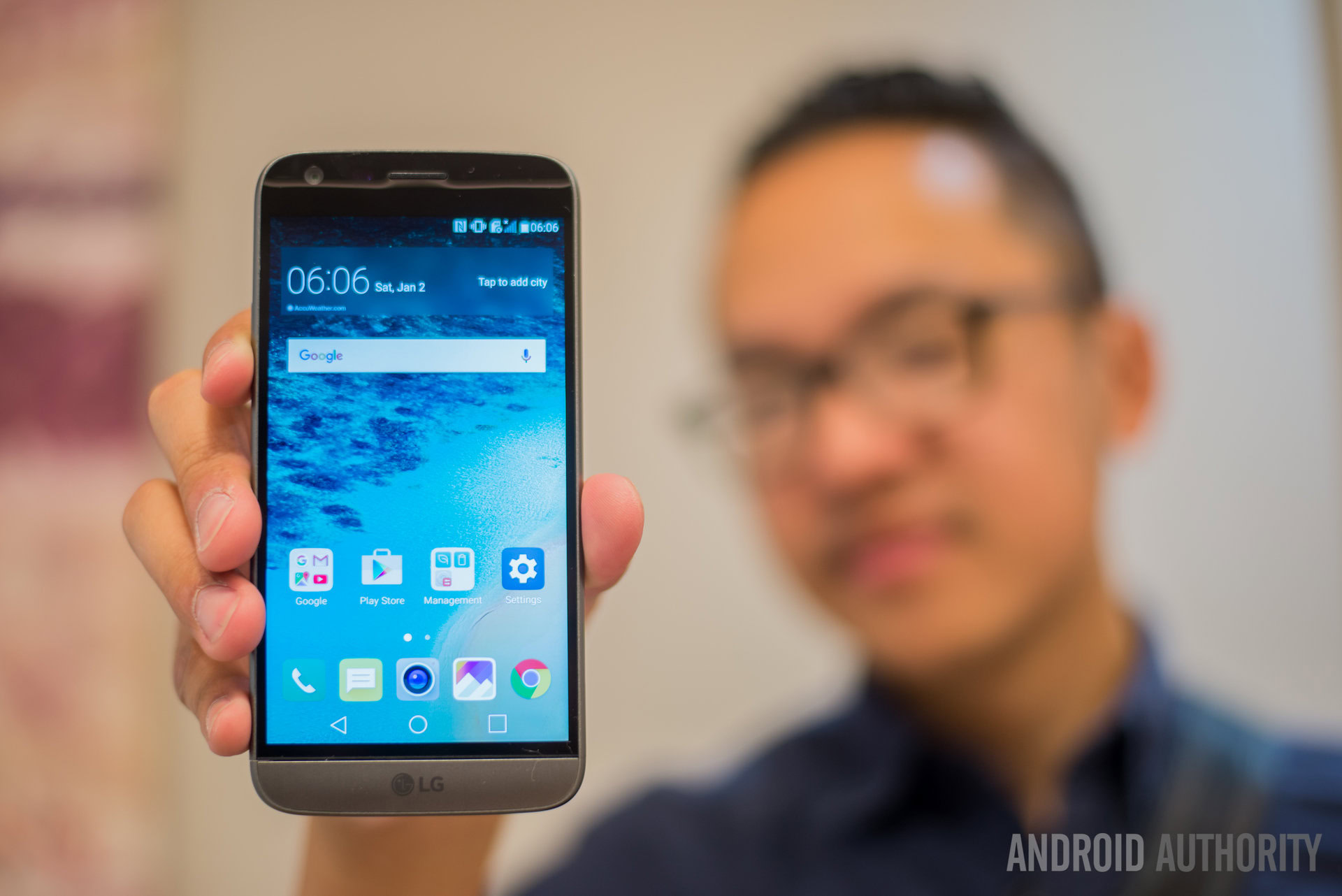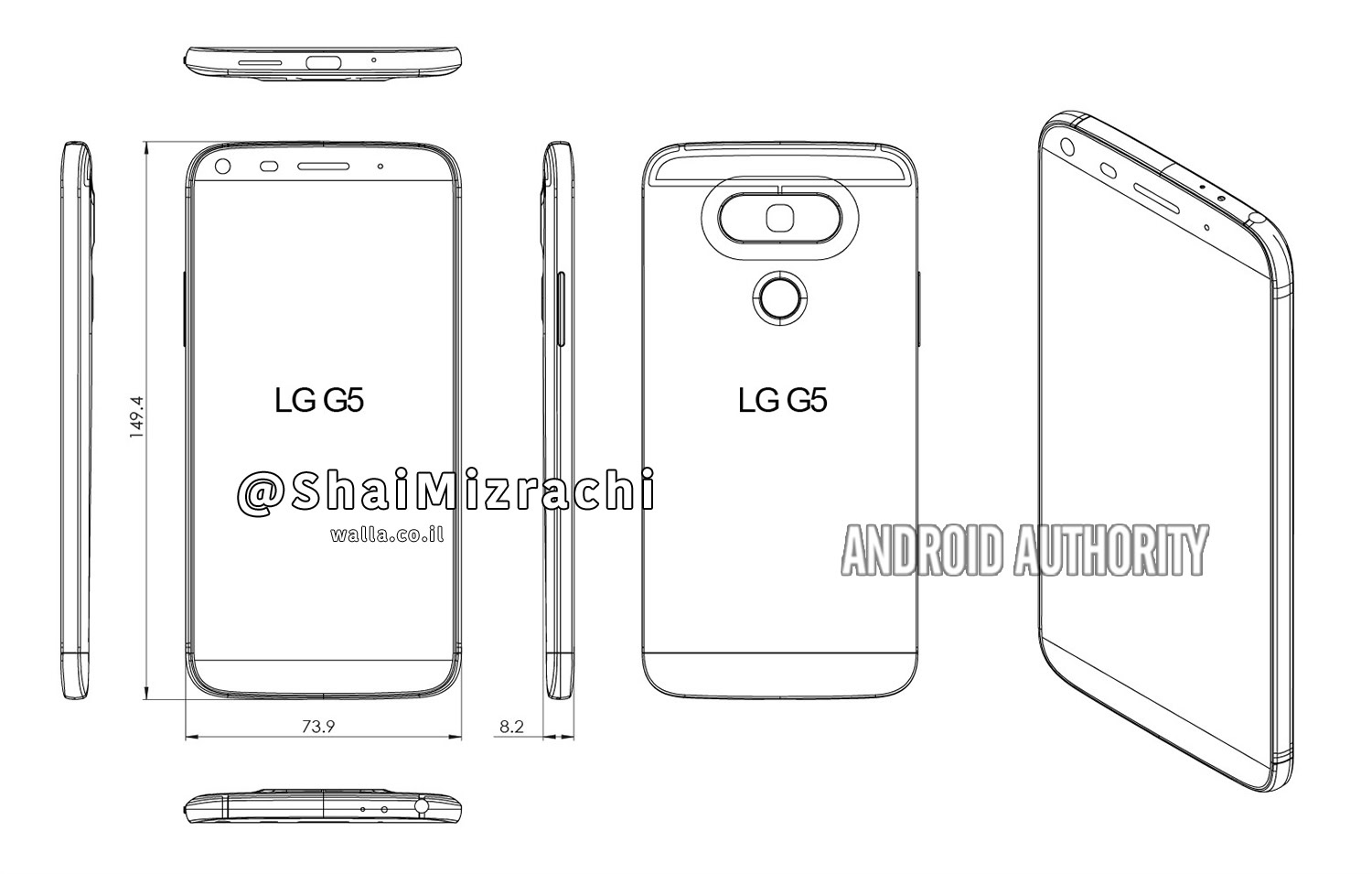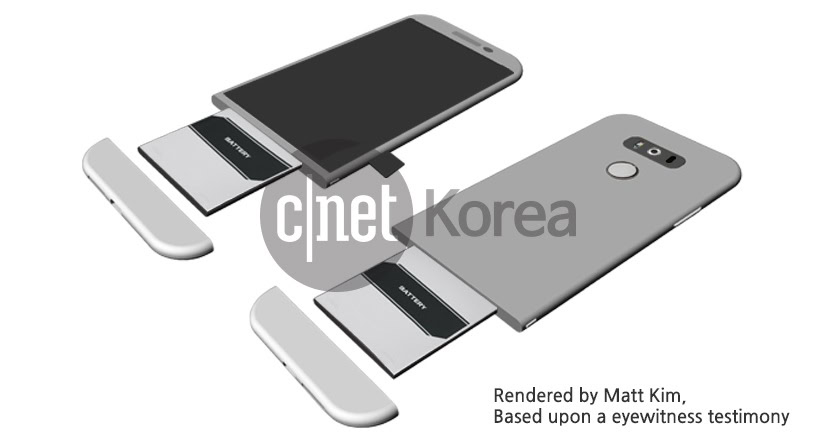Affiliate links on Android Authority may earn us a commission. Learn more.
The LG G5 and its “magic slot” modules: some thoughts
Published onJanuary 26, 2016

You may have heard the rumors regarding the LG G5 and its so-called magic slot. While not a lot is known about this slot, I am personally convinced (or at least strongly hoping) that the rumors are entirely accurate, and that these new removable “modules” will radically alter the fate of the G series, for better or worse. There are plenty of reasons why this could be one of the coolest new additions to a flagship smartphone for a long time, but just as many that make me think this could ruin the G5 if things go badly.
Let’s be honest: smartphones haven’t changed much in form or function for a while. Sure, smartphone photography has only fairly recently become a true replacement for pocket digital cameras and apps continually replace tasks we used to use computers for. But the basic structure and feature set for most phones – barring the BlackBerry Priv – have been pretty stable since flip phones disappeared.


Breaking the mold
Front-facing LED flashes and speakers aside, most phones these days have stabilized into a fairly predictable pattern of features, with a variety of superficial enhancements designed to help them stand out from the crowd. If the LG G5 arrives with a removable bottom that allows users to insert optional modules – like a bigger battery or a variety of better cameras – the smartphone game will be blown wide open.
Imagine the possibilities: a battery exactly the size you want it, a 360-degree VR cam or action camera, physical keyboard, audio amp, professional microphone, the options are pretty much endless. The G5 would basically become a mobile hot-shoe hub for everything. While the move is obviously targeted at the highly profitable accessories market, it is also a very novel way to make the LG G5 truly unique.
Other rumored features like a twin camera array for wide-angle photography, the secondary ticker display like that found on the LG V10, or even the elusive iris scanner, can all be categorized into run-of-the-mill upgrade expectations for a brand-new flagship device. But user-switchable modules are a whole new kettle of fish, one that is as risky as it is exciting.

A risky gamble
The real trick to pulling it off is twofold: the “magic slot” needs to be an entirely optional feature that can be ignored (and not paid extra for) by the casual user that has no intention of using it, and the module idea needs to avoid being seen as a proprietary cash grab, in the same way as Sony’s custom “Memory Stick” SD cards once were or Apple’s endlessly non-compatible cables still are.
A failure on the first score – meaning that the G5 is either much more expensive than “normal” phones or that the magic slot is deemed “too complicated” for the casual user in the popular consciousness – would turn the LG G5 into a niche product when, as a flagship, it needs to appeal to as many consumers as possible.
[related_videos title=”MORE FROM LG:” align=”center” type=”custom” videos=”654322,606876,589204,530542″]
A failure on the second front – that the magic slot is seen as an unnecessary and costly gimmick that is simply designed to squeeze even more money out of the consumer – could be fatal to the G5’s success. While Apple has managed to get away with endlessly “upgrading” its connectors and accessories, requiring fresh purchases of things you already have, LG doesn’t enjoy half the cultural cache as Apple and, if the gamble is unsuccessful, could cripple its most established flagship device.
This is the conundrum facing LG right now: it desperately needs a unique, stand-out feature in order to differentiate itself from its countless competitors with similar specs and frequently lower price tags. But even more importantly, LG needs to finely balance the form that competitive edge takes with something that is also entirely optional so as to avoid alienating “regular” customers. Just as Samsung lost a lot of fans by removing microSD expansion, LG could suffer a similar fate by adding something unnecessary and costly.
What do you think of the module idea? Will it catch on?